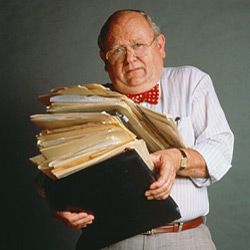Call it a "second act" or an "encore" career, but the fact is that millions of retirees are veering from the expected retirement routine -- golf, garden, rinse and repeat -- and launching a second career in their 60s, 70s and even 80s. A whopping 74 percent of workers plan to get a new job after they retire, according to the annual retirement expectations survey by the Employee Benefit Research Institute.
Post-retirement workers fall into two general camps: those who can't afford to retire on their current savings and Social Security benefits; and those with a comfortable nest egg who simply want to stay active, stay engaged, pursue a long-deferred dream or give back to the community [source: Brandon].
Advertisement
Regardless of age, it's a tricky time to change careers. As more and more Baby Boomers reach retirement age, the economy is still struggling to regain its footing. The job market is tight for the kind of work that brings in the six-figure salaries to which some retiring executives are accustomed. But there are still plenty of intriguing job sectors out there for retirees who want to put their hard-won expertise to work or try something completely different.
The first of our second career ideas is to migrate your boardroom skills from the cutthroat business world to the more meaningful nonprofit sector.





